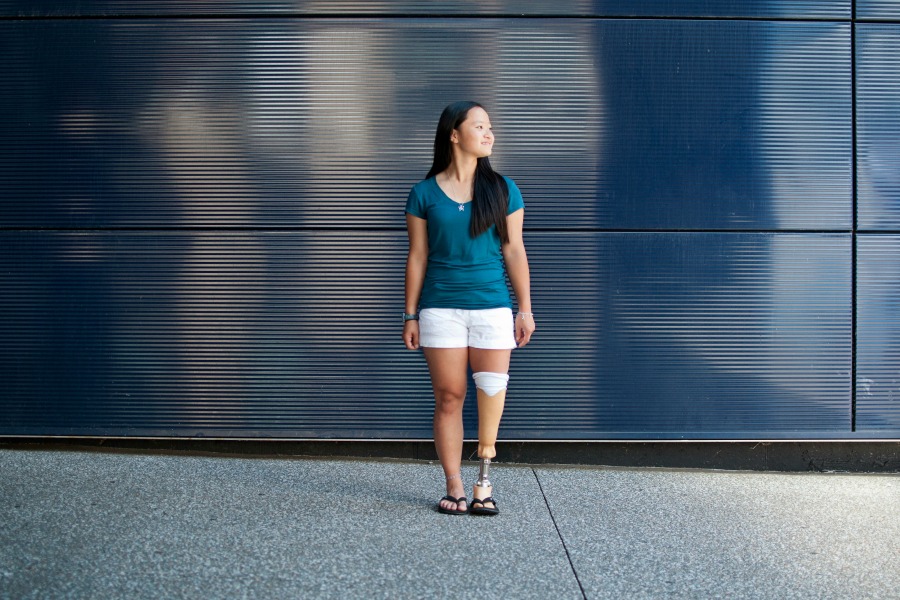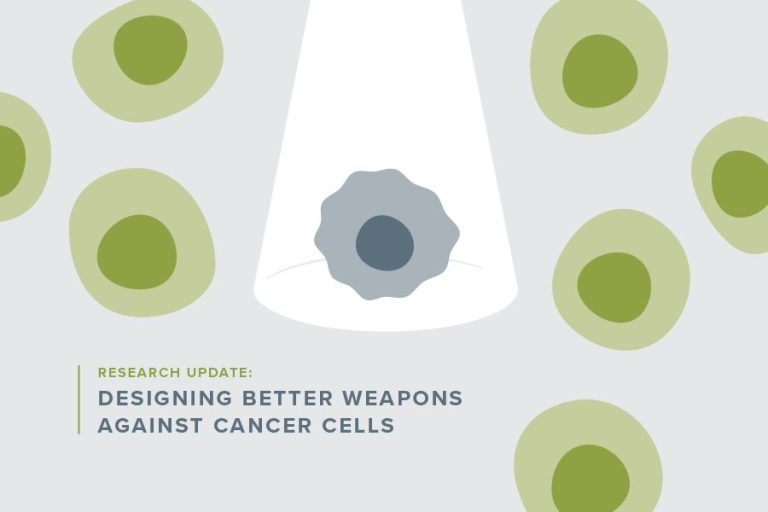We aren’t afraid to solve a fatal problem that’s millions of years old, and we’re grateful you aren’t either.
Because of your support of the Zach Sobiech Osteosarcoma Fund, researchers are taking down a bone cancer that has been around since the dinosaurs and is responsible for the death of hundreds of children. This year, scientists plan to begin a breakthrough phase I clinical trial at the University of Minnesota Masonic Children’s Hospital.
Osteosarcoma is infamous for being difficult to treat because the genes that promote this cancer’s development are largely unknown, making it harder for doctors to combat.
Last year, CCRF-funded researchers generated and analyzed 119 osteosarcoma tumors in mice and identified 233 genes that are prevalently altered in osteosarcoma, and they found three big genetic drivers of osteosarcoma called CSF1R, SEMA4D and ZNF217. They sound like the names of robots, but they’re actually genes that cause osteosarcoma to flourish.
Now that researchers know these genes are drivers of osteosarcoma, they can find targeted treatments and therapies to defeat the disease, and hopefully give kids better outcomes. They’re starting with SEMA4D — a gene that’s also expressed in other cancers like breast cancer — using a drug that already exists to help defeat it. The research done at the University of Minnesota showed that the drug has the potential to be effective in kids and teens with osteosarcoma. The osteosarcoma team will partner with Children’s Oncology Group to start the Phase I trial. For families facing cancer, this breakthrough could become another treatment option for kids.
Your donations to the Zach Sobiech Osteosarcoma Fund have also helped researchers garner an additional $4 million in funding from government grants and other sources, and you’ve helped them make 15 new discoveries.
Source: U.S. National Library of Medicine




